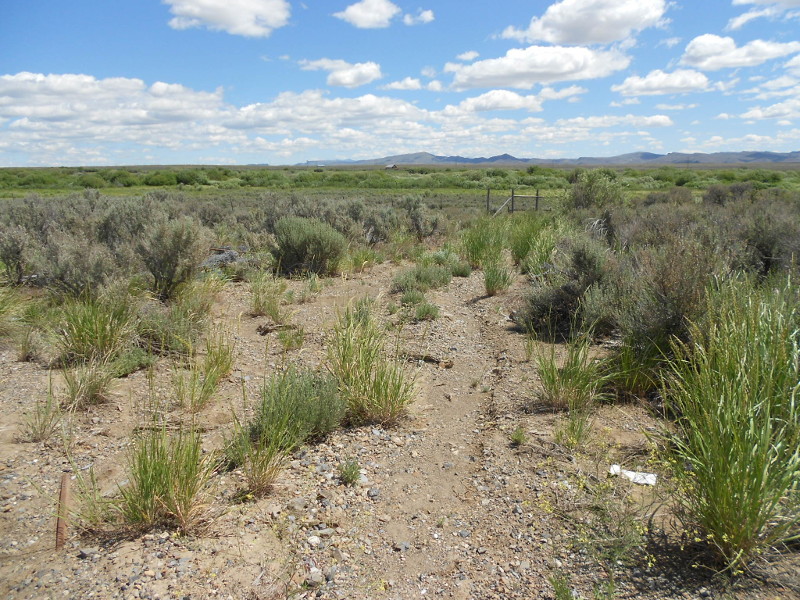| Categories: |
|---|
Estimated reading time: 2 minutes
There is no scientific criterion for soundness. The term, sound science, reportedly was created in the 1980s by tobacco industry lobbyists trying to prevent regulation of second-hand smoke. Since then the term has been used by governments, industry groups, and environmental NGOs. The term too often is interpreted as meaning data supporting a particular position on an issue. This is highly unfortunate because there is a real need to use valid scientific data and analyses as a basis for policy or regulatory decisions. Sound science does not exist, but best available science does, and the latter provides the basis for technically sound and legally defensible decisions.
The use of best available science is required in environmental regulations at federal and state levels, but the term is not defined in the dictionary or by consensus. However, Washington state lists useful criteria in their Administrative Code (WAC 365-195-905) for use in determining the best available science, but these criteria are not complete nor easily applied by the non-technical decision maker.
There are four underlying reasons why best available science cannot be neatly packaged into a precise definition: the highly variable nature of natural ecosystems; critical differences among terrestrial, aquatic, riparian, arid, humid, and other ecosystem types; our inability to completely define ecosystem structure and function; and the subjective, value-based definitions of best.
Despite these limitations valid political and administrative decisions can be made that meet the criteria of best available science, as long as the context of the decision to be made is foremost in the determination. While there will almost always be groups who do not like the outcome, a fully-documented decision would be technically sound and legally defensible. My white paper on this subject is available from the site Library: .
The approach proposed in the white paper considers three characteristics of scientific data: quantity, quality, and relevance to the decision to be made. Criteria for evaluating these three characteristics are presented as a set of seven questions so that non-scientists can apply them with confidence. While the assistance of an objective scientist can be very helpful, it is not necessary if the decision makers are careful and completely document their evaluation. Because the term sound science is not characteristic of scientific process or approach, we encourage the adoption of best available science when defining data adequacy standards, setting public policies, and preparing regulations.
This work was originally published on the Applied Ecosystem Services, LLC web site at https://www.appl-ecosys.com/blog/there-is-no-sound-science/
It is offered under the terms of the Creative Commons Attribution-NonCommercial-NoDerivatives 4.0 International license. In short, you may copy and redistribute the material in any medium or format as long as you credit Dr. Richard Shepard as the author. You may not use the material for commercial purposes, and you may not distribute modified versions.


